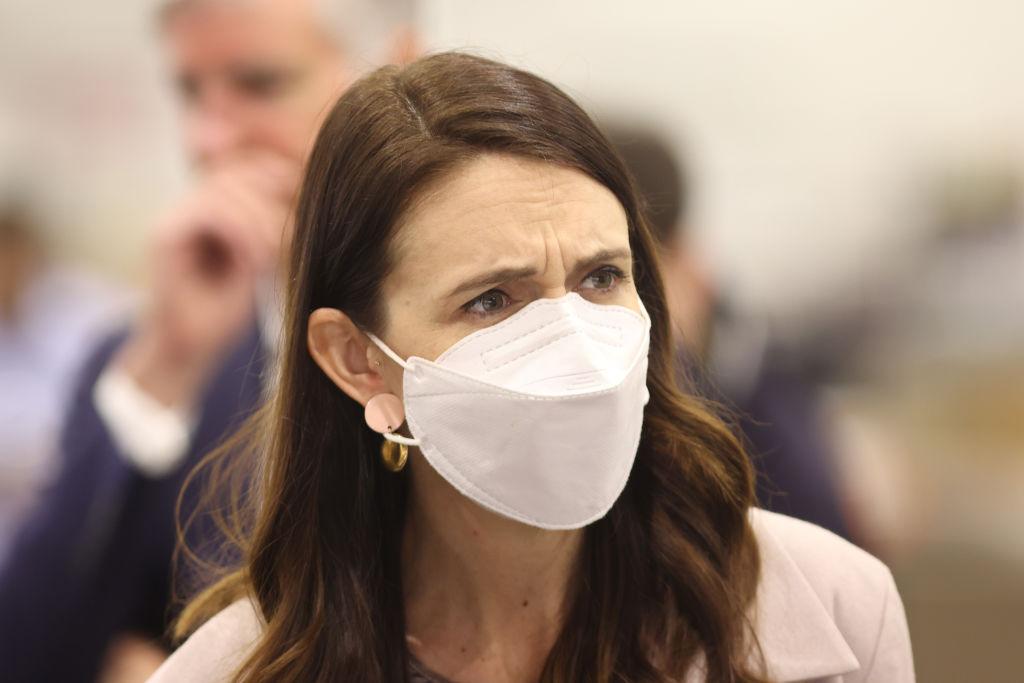Other key decision-makers at the time have also refused, including former Health Minister and current Labour Leader Chris Hipkins, another former health minister and current MP, Dr. Ayesha Verrall, and former Finance Minister Grant Robertson, who now works in academia.
Last month, a spokesperson for Ardern said she would provide evidence to assist the Commission “in meeting its terms of reference. We are in discussions about the best way for this to occur.”
Commission Chairman Grant Illingworth has the power to issue a summons, but said in a statement that he would not use it on Ardern or the other former ministers.
“The COVID-19 pandemic was a significant event that affected every New Zealander. The government at the time, through its ministers, made decisions about how we as a nation responded to that pandemic, which had implications for all of us,” he said.
“We have been tasked with reviewing those decisions, and we thought it was important that the public see and hear for themselves important evidence about why some key decisions about the response to COVID-19 were made and for what reason.
“On balance, we are of the view that a summons is undesirable, given that the former ministers continue to cooperate with the evidence-gathering of the inquiry.”
Reasons for Refusal
The Inquiry’s minute documenting its decision to abandon further public hearings gives some insight into the reasons the former ministers and prime minister gave for refusing to front public hearings.
However, it doesn’t reveal whether they made separate or joint submissions, or whether it was made through a third party, such as a lawyer.
It lists three primary reasons for their refusal:





